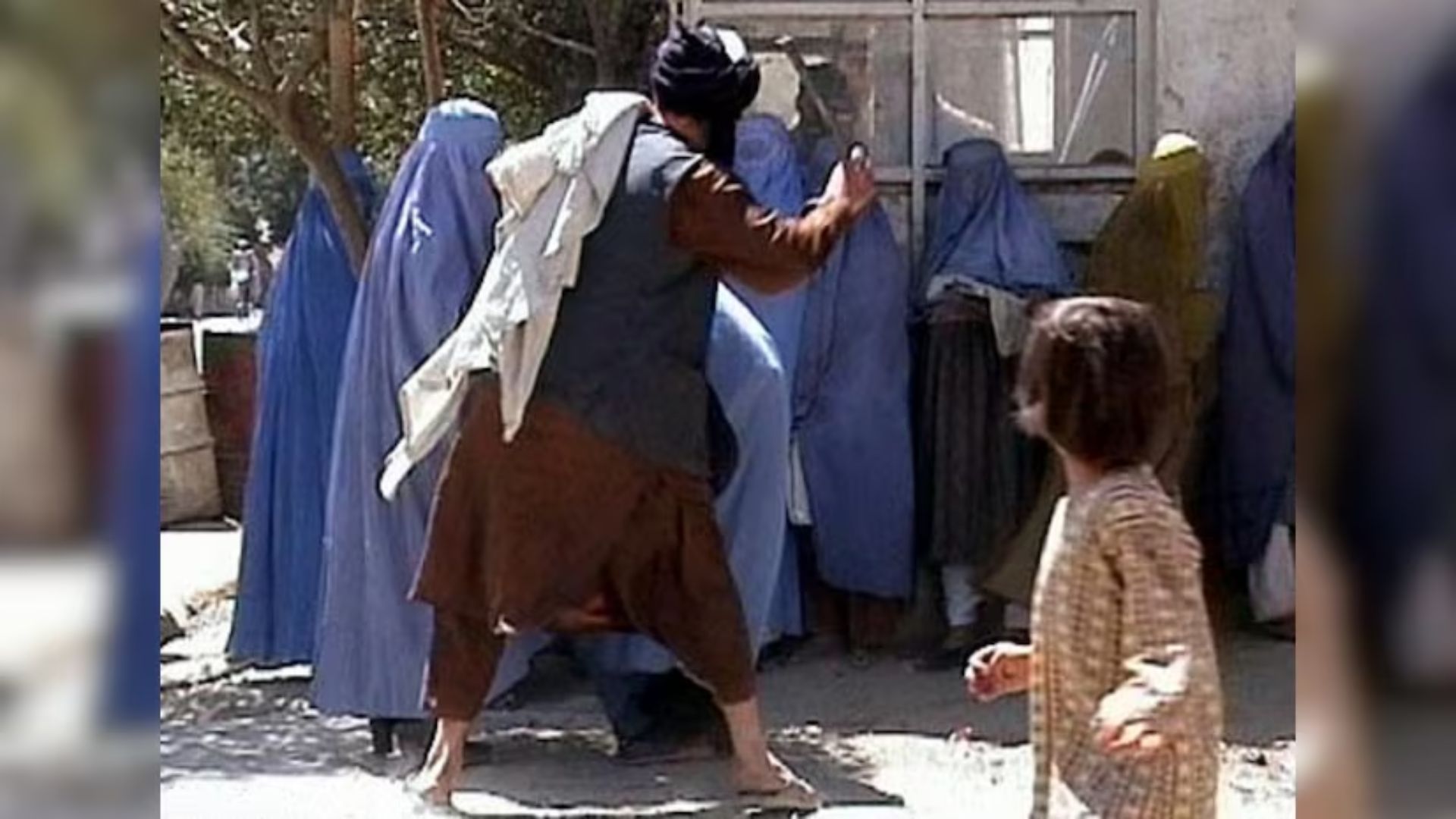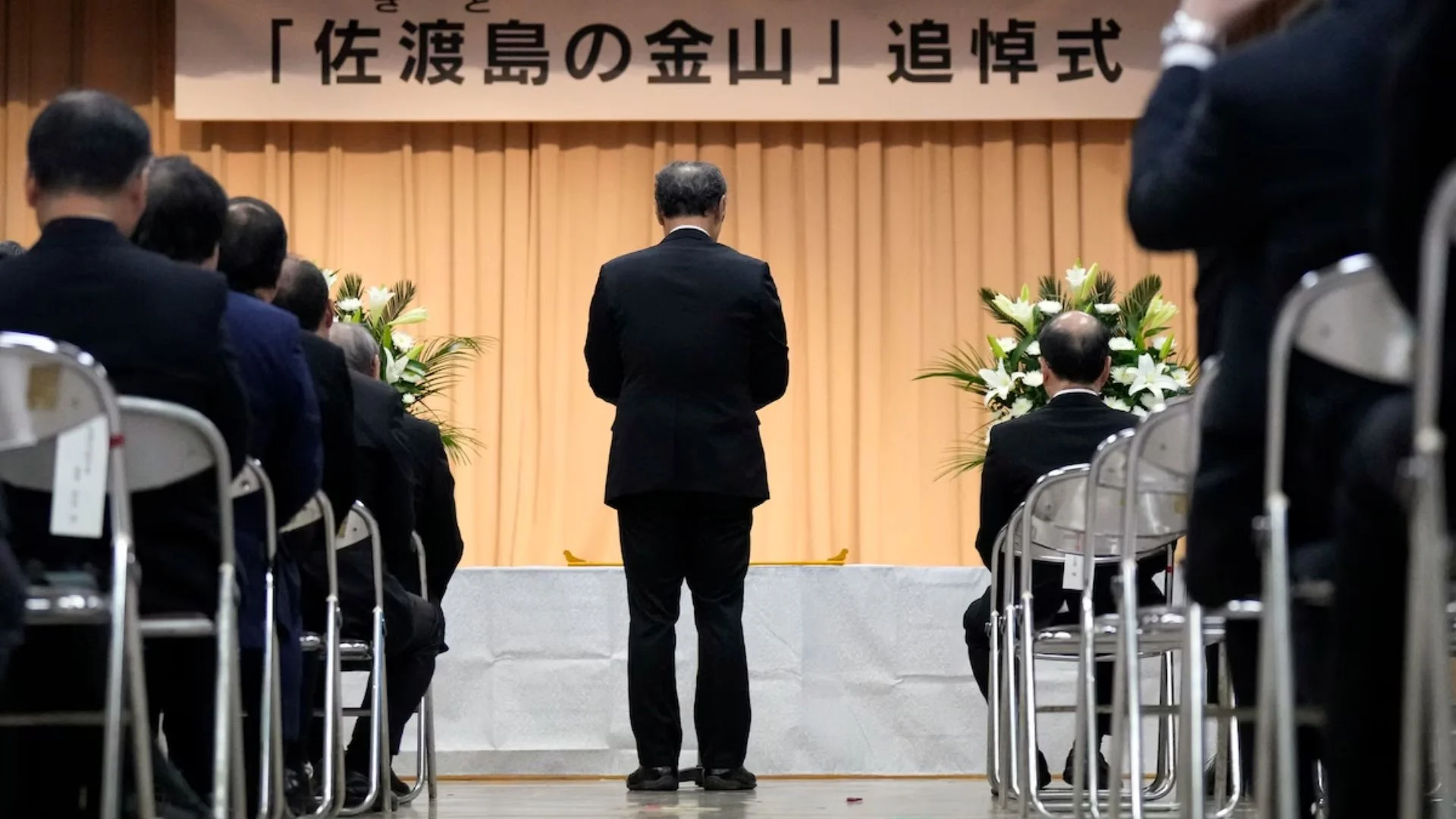
UN Chief Antonio Guterres has expressed deep concern over the situation in Afghanistan, drawing parallels with some of the most oppressive regimes in modern history. In a post on X, he stated, “What is happening in Afghanistan can be compared with some of the most egregious systems of oppression in recent history,” and called on the de facto authorities to immediately lift all discriminatory restrictions imposed on women and girls.
Last month, the Taliban announced a new law under the “Propagation of Virtue and the Prevention of Vice,” set to take effect in Afghanistan. Issued by the Ministry for Promoting Virtue and Preventing Vice on August 21, the law mandates that women must cover their entire bodies and faces and refrain from speaking or singing loudly enough for non-family members to hear. The law, based on the Taliban’s interpretation of Islamic Sharia, declares women’s voices as ‘awrah’ (intimate parts), only to be used in necessary situations.
The law outlines strict guidelines on hijab, requiring women to cover their whole bodies and faces to prevent “temptation.” It also holds ombudsmen accountable for ensuring that drivers do not play music, use drugs, transport women without proper hijab, or allow women to mingle with unrelated men.
The document, ratified by Taliban leader Hibatullah Akhundzada, deems it haram (forbidden) for unrelated men and women to view each other’s bodies or faces. Violations of these rules will be dealt with by the Taliban’s morality police, who have the authority to detain individuals for up to three days.
Despite the severe restrictions, the Taliban claims these measures are intended to protect women. Recently, the regime has also begun enforcing stricter rules on men, with morality police inspecting mosques and reprimanding those who haven’t grown beards.
Afghanistan has a history of progressive steps for women’s rights, having granted women the right to vote in 1919—a year before the United States—and opened its first schools for girls in 1921, according to The Washington Post.















